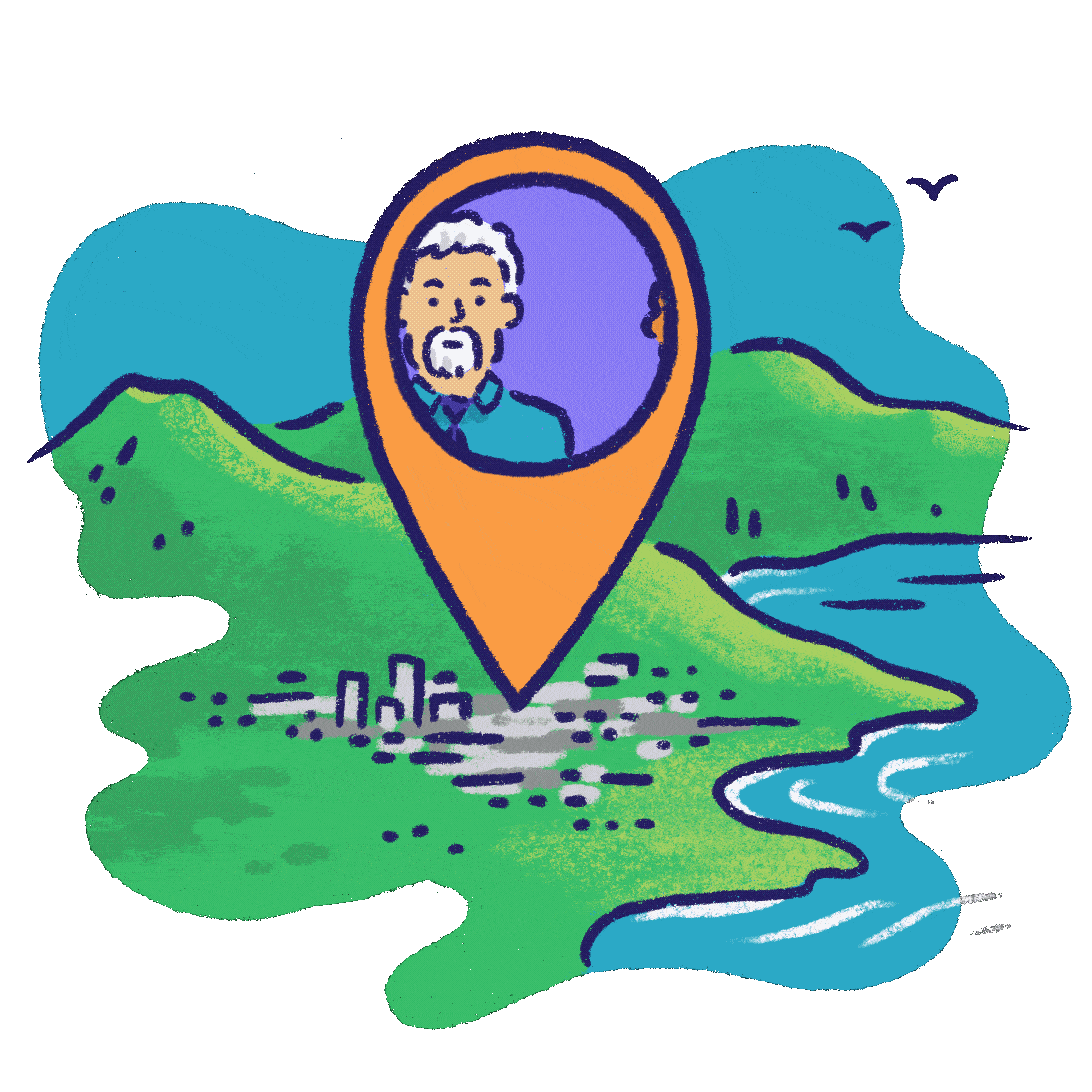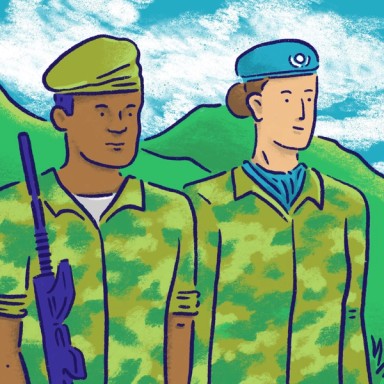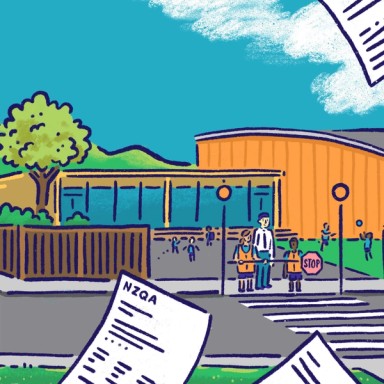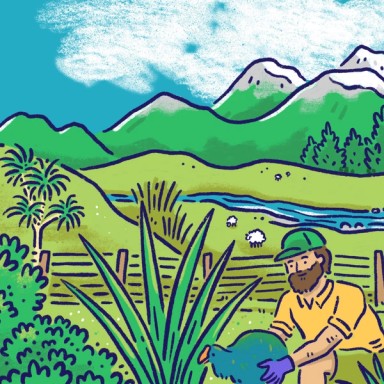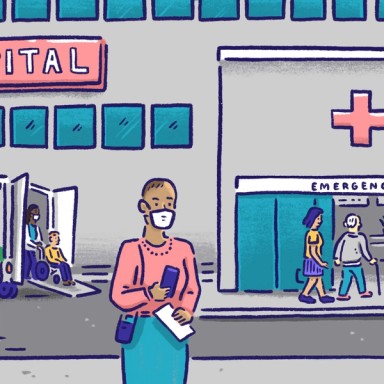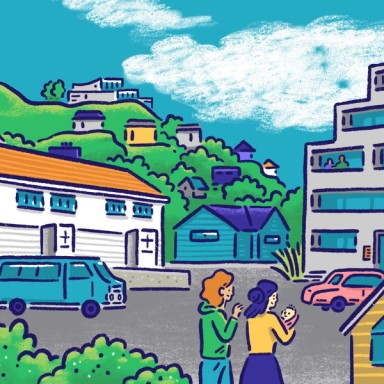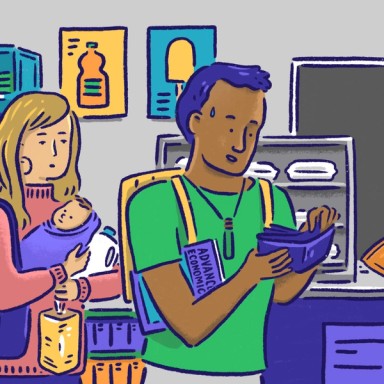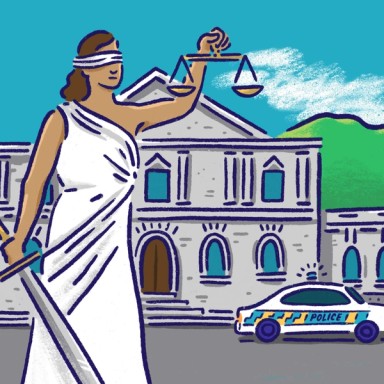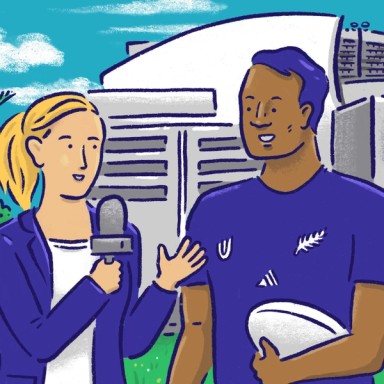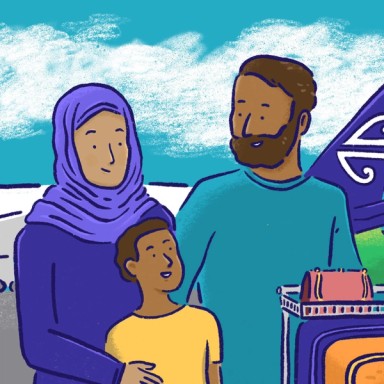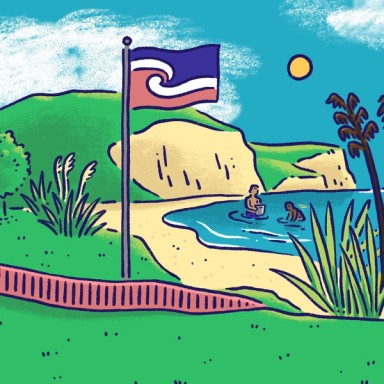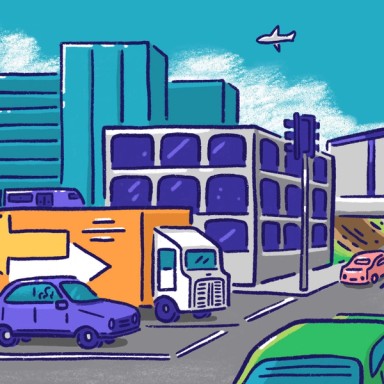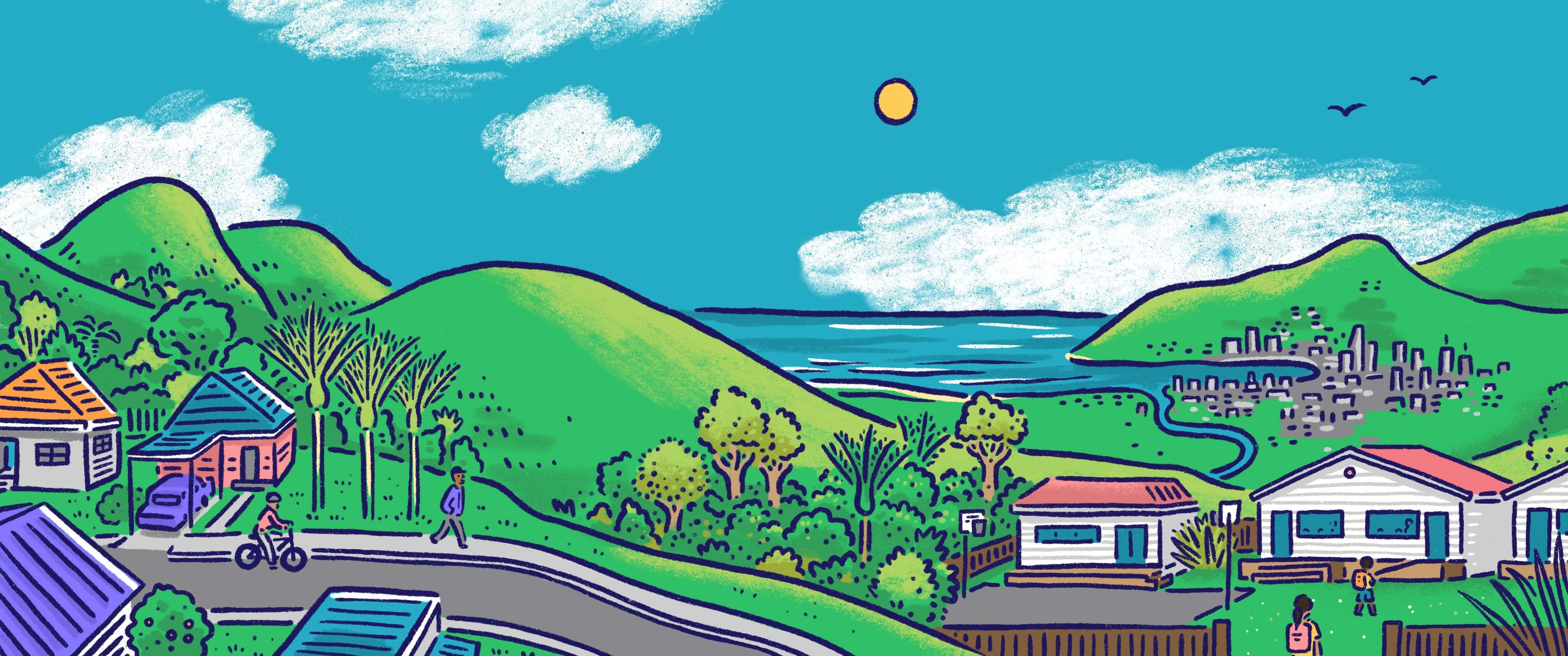
Party vote
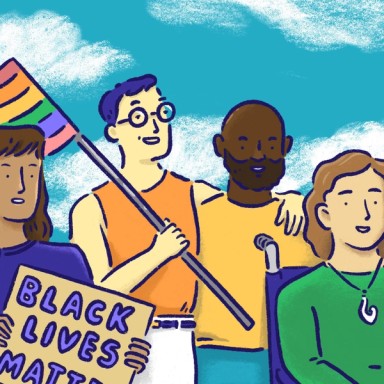
Community and inclusion
New Zealand prides itself on its history of egalitarianism, from women's suffrage to marriage equality. But the struggle for fair treatment, recognition and inclusion by marginalised groups continues. In recent years, these struggles have overlapped with debates around the limits and responsibilities of free speech.

Community and inclusion
New Zealand prides itself on its history of egalitarianism, from women's suffrage to marriage equality. But the struggle for fair treatment, recognition and inclusion by marginalised groups continues. In recent years, these struggles have overlapped with debates around the limits and responsibilities of free speech.
Remove public transport discounts
Restrict access to permanent sickness benefits
Introduce an income guarantee for people unable to work due to health conditions or disabilities
Improve access to social services for children
Fund advocacy services for people with disabilities
Co-design accessibility legislation with the disabled community
Reform the Building Code to promote accessibility
Require television broadcasters to provide content in accessible formats
Eliminate the use of seclusion in state care or disability services
Ensure adequate support for students with disabilities and additional learning needs
Ensure equitable representation in government roles
Train healthcare workers to reduce biases
Extend the Election Access Fund to disabled individuals running in local elections
Speed up access to support for people with neurodivergent conditions
Provide equal opportunities for disabled students in tertiary education
Provide free public transport for young people, students, apprentices, low income earners and people with mobility cards
Increase income support for disabled people
Reduce barriers to accessing benefits
Establish a Māori accident compensation authority
Establish a Māori disability authority
Involve Māori disability organisations in policy development
Increase funding for Māori providers of the Enabling Good Lives programme
Improve access to health services for disabled people
Aim to ensure antenatal screening programmes are not biased towards termination if disability is diagnosed
Require all new houses to be fully accessible
Make existing public housing fully accessible
Make Māori sign language an official language
Increase the number of users of Māori sign-language
Abolish the minimum wage exemption
Abolish benefit abatement rates for disabled people and their carers
Enable Māori disabled people to access cultural spaces and activities
Enable Māori disabled people to participate in sport
Retain current public transport discounts
Build 6000 more public houses with improved accessibility
Expand eligibility for the Child Disability Allowance and Disability Allowance and increase rates
Remove public transport discounts
Restrict access to permanent sickness benefits
Introduce an income guarantee for people unable to work due to health conditions or disabilities
Improve access to social services for children
Fund advocacy services for people with disabilities
Co-design accessibility legislation with the disabled community
Reform the Building Code to promote accessibility
Require television broadcasters to provide content in accessible formats
Eliminate the use of seclusion in state care or disability services
Ensure adequate support for students with disabilities and additional learning needs
Ensure equitable representation in government roles
Train healthcare workers to reduce biases
Extend the Election Access Fund to disabled individuals running in local elections
Speed up access to support for people with neurodivergent conditions
Provide equal opportunities for disabled students in tertiary education
Provide free public transport for young people, students, apprentices, low income earners and people with mobility cards
Increase income support for disabled people
Reduce barriers to accessing benefits
Establish a Māori accident compensation authority
Establish a Māori disability authority
Involve Māori disability organisations in policy development
Increase funding for Māori providers of the Enabling Good Lives programme
Improve access to health services for disabled people
Aim to ensure antenatal screening programmes are not biased towards termination if disability is diagnosed
Require all new houses to be fully accessible
Make existing public housing fully accessible
Make Māori sign language an official language
Increase the number of users of Māori sign-language
Abolish the minimum wage exemption
Abolish benefit abatement rates for disabled people and their carers
Enable Māori disabled people to access cultural spaces and activities
Enable Māori disabled people to participate in sport
Retain current public transport discounts
Build 6000 more public houses with improved accessibility
Expand eligibility for the Child Disability Allowance and Disability Allowance and increase rates
Policies
Compare the parties’ positions on the key issues this election
Candidates
See the electorate candidates running in your local area
Parties
Learn about each political party, its leaders and candidate list
Compare the candidates running in your local area
Each part of the country is represented in Parliament by an electorate MP. We've asked every candidate about their priorities for your community and why they deserve your vote.
